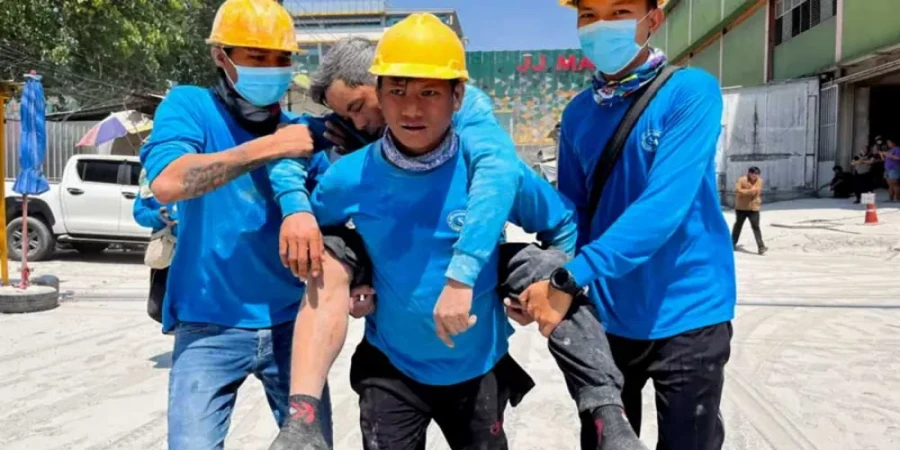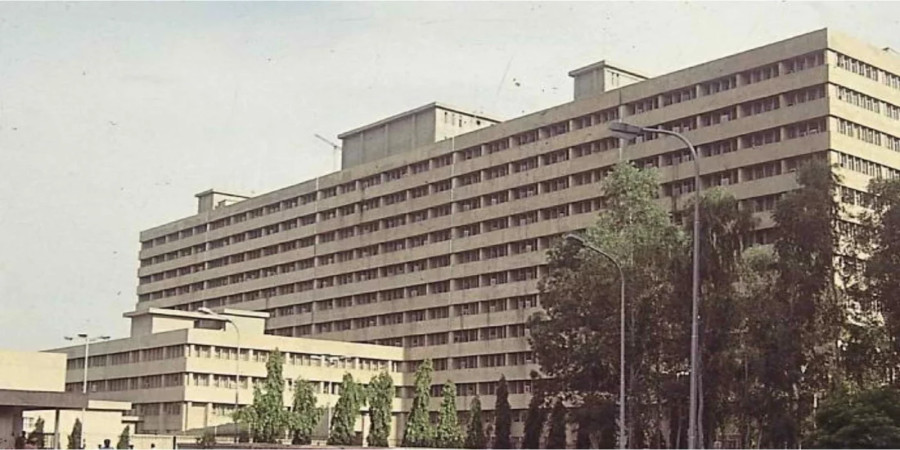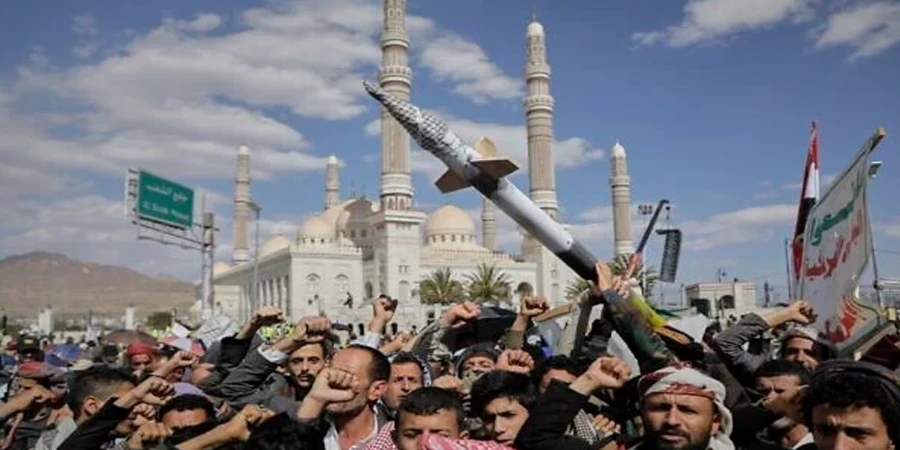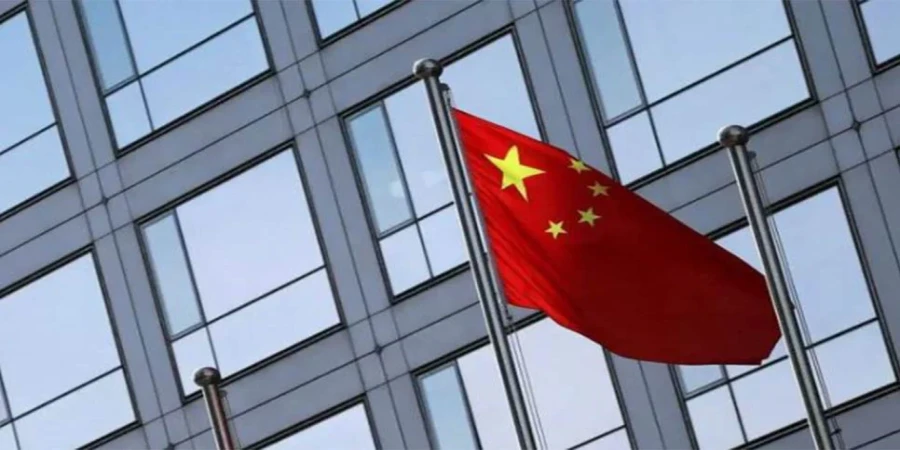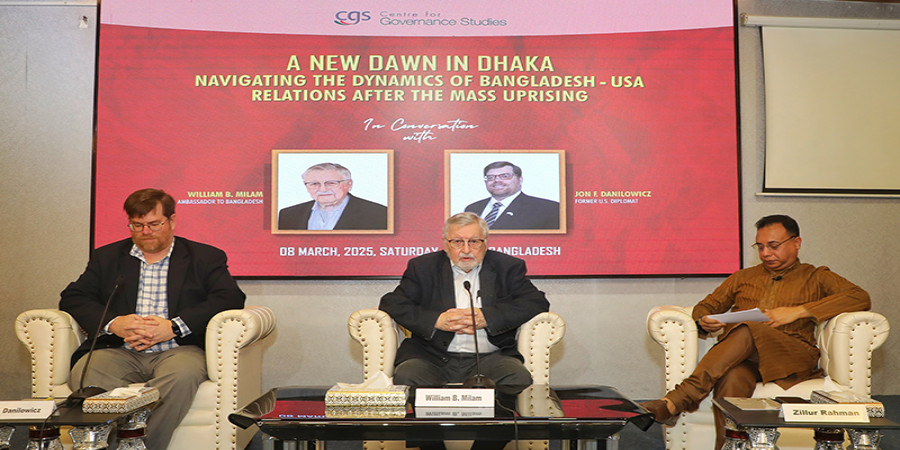
ছবি: Photo: Collected
Former US diplomat John F. Danilovich has criticized the United States for its intervention during Bangladesh’s 1/11 political crisis, calling it a mistake. Speaking at a special dialogue organized by the Center for Governance Studies (CGS) on Saturday (March 8), Danilovich stated that Bangladesh is currently facing an information war, and the US government is working to counter media-based misinformation.
The event, titled “Dialogue with Milam and John,” focused on the current dynamics of US-Bangladesh relations following the mass uprising. It was held at the Bangladesh Institute of International and Strategic Studies (BIISS) auditorium and attended by diplomats, politicians, academics, business leaders, and civil society members.
Danilovich addressed several issues, including the confusion surrounding President Trump’s statement about US funding for specific individuals in Bangladesh. He dismissed the misinformation about US military operations on St. Martin’s Island as false propaganda spread by certain groups. He also accused the previous government of spreading disinformation to cover up corruption and irregularities.
Former US Ambassador William B. Milam emphasized the importance of reliable information and the challenges of gathering accurate data during his tenure. He expressed his joy at returning to Bangladesh after a decade-long absence due to visa restrictions. Milam highlighted his organization’s efforts to raise awareness about Bangladesh’s democratic process in the US and secure funding for these initiatives.
Danilovich stressed the importance of democratic stability, noting that US policy toward Bangladesh has been consistent since 1971. He identified the lack of accountability among ruling parties as one of the biggest challenges in Bangladesh’s political landscape. He emphasized that a strong civil-military relationship is essential for democracy to flourish and that authoritarian rule is never conducive to democratic progress.
The former diplomat acknowledged some mistakes in US foreign policy during 2007-08, particularly the lack of focus on institutional reforms. He praised the current interim government for learning from these mistakes and gaining public support. Danilovich called for US and European Union funding policies to align with ongoing reforms and urged civil society to play a more active role. He also emphasized the need to recover assets laundered abroad over the past 17 years and use them for governance reforms.
CGS Executive Director Zillur Rahman highlighted the importance of such dialogues in guiding Bangladesh’s ongoing political transformation. He reiterated the need for continuous dialogue to support the country’s democratic journey and ensure a sustainable, accountable governance structure.
The discussion also touched on the role of the diaspora in promoting accountability through institutional and financial support. Both former diplomats underscored the critical role of the media in democracy, with Danilovich advocating for the encouragement of citizen journalism to strengthen democratic discourse.
During the Q&A session, Milam and Danilovich answered questions from students, politicians, and civil society representatives, further elaborating on the challenges and opportunities for strengthening US-Bangladesh relations and promoting democratic reforms in Bangladesh.
The event underscored the importance of international partnerships in supporting democracy and highlighted the need for accurate information, institutional reforms, and active civil society engagement to ensure a stable and democratic future for Bangladesh.
repoter



